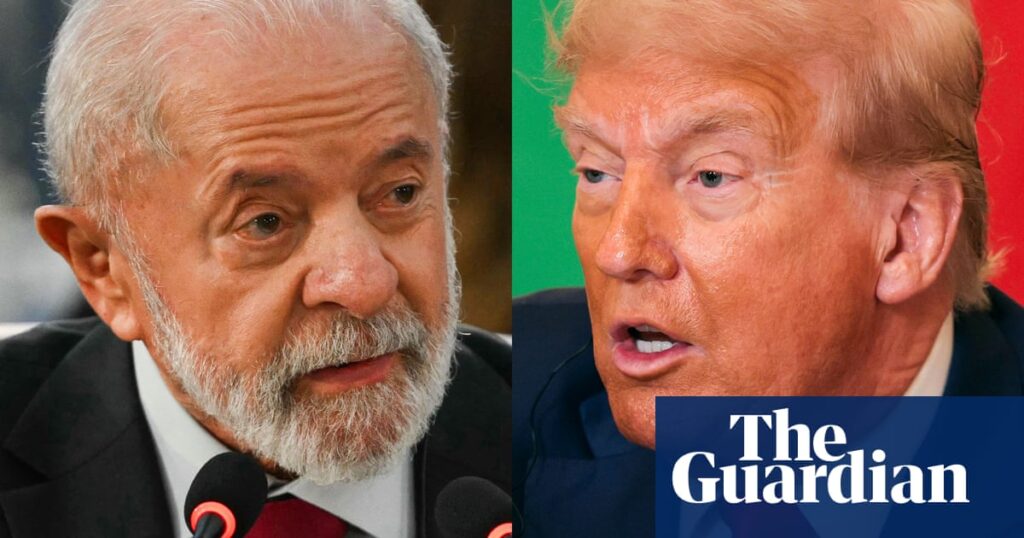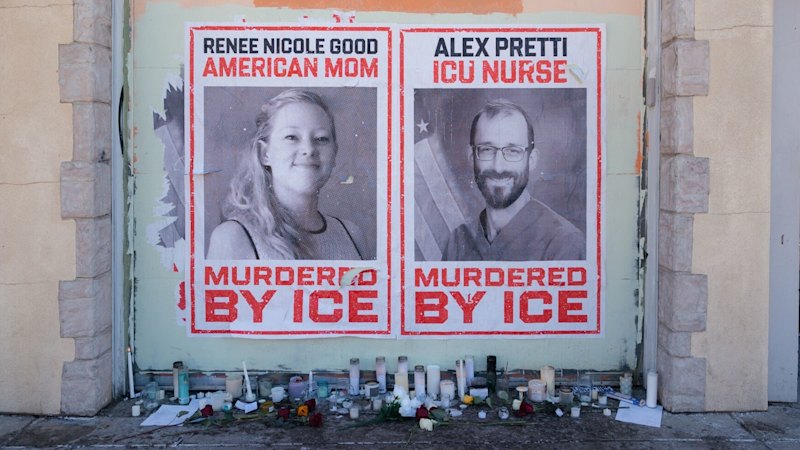
In a dramatic escalation of trade tensions, U.S. President Donald Trump announced on Wednesday his intention to impose an additional 50% tariff on Brazil, Latin America’s largest economy, effective from August 1. This decision, perceived by many, including Brazilian President Luiz Inácio Lula da Silva, as an affront to Brazil’s sovereignty, marks the highest tariff rate among recent U.S. trade measures.
The announcement targets a nation with which the United States has maintained a trade surplus for 17 years. The letter sent to President Lula was notably harsh in tone, deviating from the diplomatic language typically used in such communications. Trump justified the tariff as a response to the legal challenges faced by former Brazilian President Jair Bolsonaro, who is currently on trial for allegedly attempting to overturn his 2022 electoral defeat to Lula. Bolsonaro has denied these accusations.
Political Underpinnings and Reactions
Earlier this week, Trump issued a robust defense of Bolsonaro, often dubbed the “Trump of the Tropics,” claiming that the former Brazilian leader was the target of a political “witch-hunt” designed to bar him from the upcoming elections. This prompted Brazil to summon the U.S. envoy in protest. During the tariff announcement, Trump reiterated his claims, accusing Brazil’s Supreme Court of issuing “censorship orders” against U.S. tech companies and alleging “ongoing attacks on the digital business activities of American firms.”
In response, Brazil once again summoned the U.S. envoy and symbolically rejected Trump’s letter. President Lula issued a detailed rebuttal, challenging Trump’s assertions and emphasizing Brazil’s stance against external interference. The Brazilian administration is currently evaluating potential retaliatory measures against the U.S. tariff.
Domestic Impact and Economic Concerns
The imposition of the 50% tariff has sparked surprise within Brazil, especially given the longstanding U.S. trade surplus with the country. Brazil had previously been subjected to a minimum 10% tariff in the April round of U.S. trade measures. Notably, Eduardo Bolsonaro, one of Jair Bolsonaro’s sons, claimed credit for the tariff increase, describing it as a “success” of his ongoing dialogue with the Trump administration since relocating to the U.S. in March.
However, the reaction among Brazilian business leaders, many of whom traditionally support Bolsonaro, has been one of concern. Key sectors such as coffee, meat, textiles, plastics, and footwear are expected to be significantly affected by the tariffs. Bolsonaro’s political allies are reportedly working to mitigate the political and economic repercussions on the former president.
Historical Context and Expert Opinions
This latest tariff dispute recalls historical tensions between the U.S. and Brazil over trade policies. In the past, both nations have engaged in trade disputes, particularly over agricultural subsidies and tariffs. Experts suggest that the current situation could exacerbate existing economic challenges in Brazil, which is already grappling with inflation and a slow economic recovery post-pandemic.
According to trade analyst Maria Santos, “The new tariffs could strain Brazil’s export-driven economy, potentially leading to increased prices for Brazilian goods in the U.S. market and affecting bilateral trade relations.”
Meanwhile, political analysts argue that Trump’s actions may be motivated by a desire to bolster his support among far-right constituents by aligning with Bolsonaro, a figure admired by many of Trump’s supporters.
Future Implications and Next Steps
As the August 1 deadline approaches, the Brazilian government faces critical decisions on how to respond to the U.S. tariffs. Potential retaliatory measures could include imposing tariffs on American goods or seeking diplomatic resolutions through international trade organizations.
The unfolding situation underscores the complex interplay between international trade policies and domestic political agendas. As both nations navigate these tensions, the global community will be watching closely to see how this dispute impacts broader geopolitical dynamics.
For now, the focus remains on whether diplomatic efforts can de-escalate the situation or if the trade spat will further strain U.S.-Brazil relations, with potential repercussions for global trade patterns.





